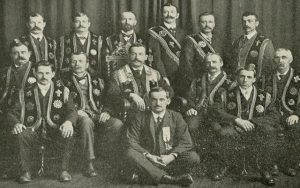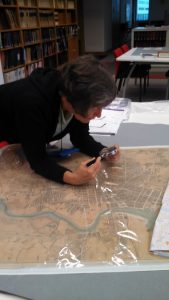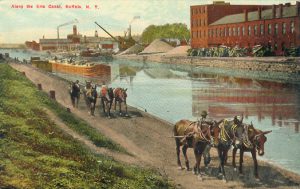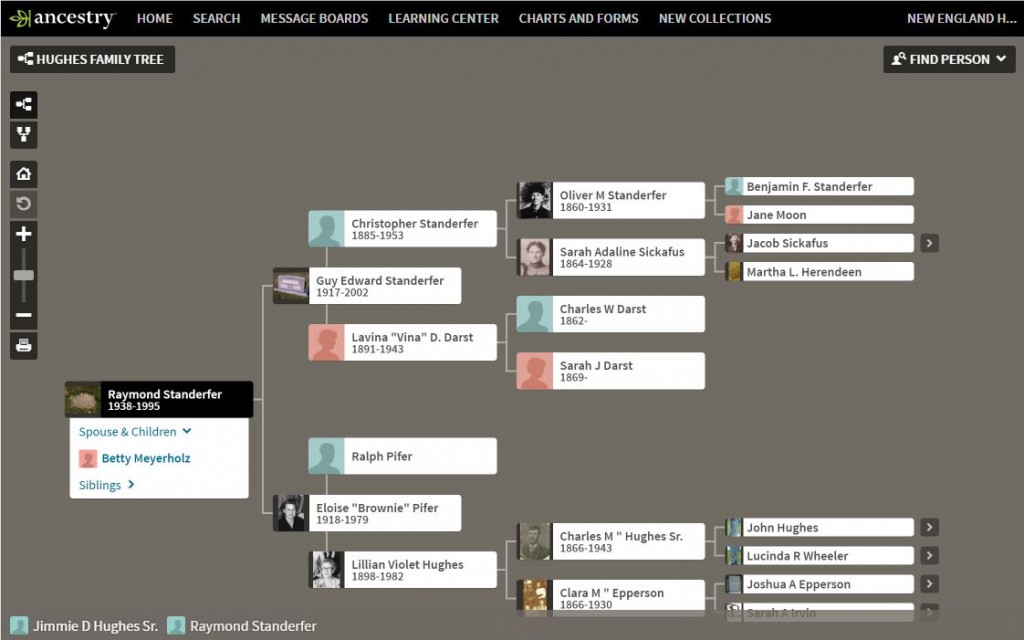
While attending the FGS conference in Fort Wayne, Indiana, in August, Lynn Martin of Paw Paw, Michigan visited the NEHGS booth in the vendor hall and introduced me to her early immigrants – specifically her Rogers family. John Rogers, Sr. founded his own religion – the Rogerenes, in 1674 – in New London, Connecticut. Today, the only tangible remains of this religion in Connecticut are the neighborhoods of Quaker Hill in Waterford and Quakertown in Ledyard. While sometimes referred to as the Rogerene Quakers, they actually never had any association with the Society of Friends. Instead, their roots come from the Seventh Day Adventists. Continue reading Who are the Rogerenes?








